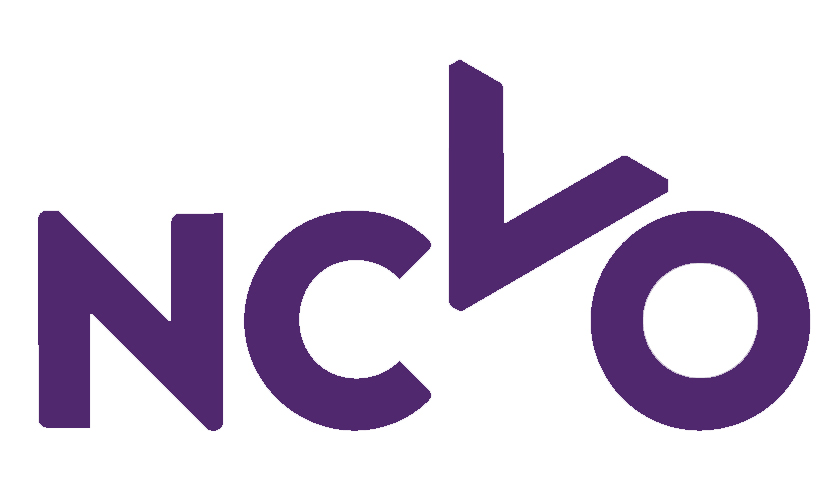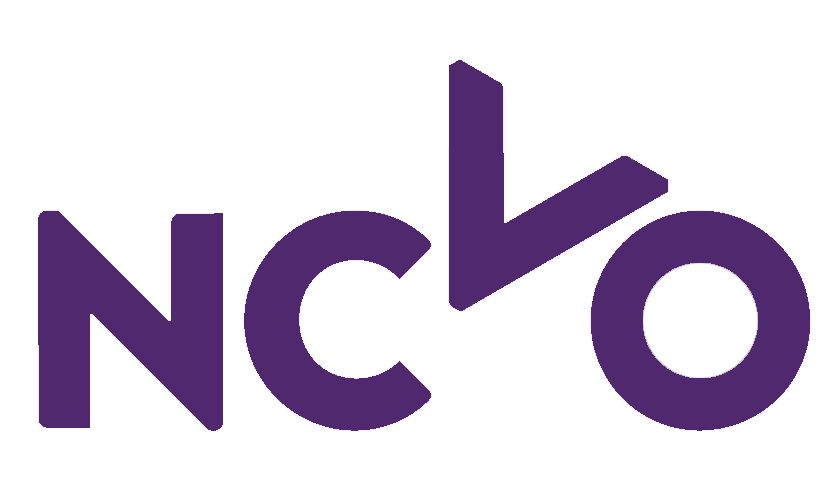The voluntary sector needs to lead the way on flexible working and advertise all roles as flexible, with employers encouraging open conversations about how it can work in their organisation. That’s according to a new report, ‘Time to Flex’, being launched by voluntary sector membership bodies NCVO and ACEVO, with support executive search firm Starfish Search.
The need to address flexible working has become all the more crucial due to the rise in home working during the pandemic and the recent lifting of the government’s ‘work from home’ guidance.
The report – ‘Time to Flex’ – is based on research and interviews by the Flexible Working Group which was set up in September 2021 and chaired by former Changing Faces CEO Becky Hewitt.
Based on conversations with leaders and employees across the voluntary sector, the report calls for flexible working to be central to the future of work within charities. It highlights that it is vital to attracting and retaining the most talented people and essential for building inclusion, diversity, equity and wellbeing.
However, the report also calls for an urgent mindset shift across the sector, emphasising that all too often it’s left to employees to ‘make flex work’. Many employees feel pressure to overcompensate for their working patterns without proper organisational or structural support.
Ama Afrifa-Tchie, Head of People, Wellbeing & Equity, Mental Health First Aid England and a member of the Flexible Working Group said:
‘I went down to compressed hours in 2020 and at the time a lot of people said to me “oh you must work really long days”. However, it’s about setting boundaries and working smarter. It’s also about empowering my team so that I don’t need to be in every single meeting. We need to change mindsets so the focus is more on outputs rather than presenteeism.
So many people have had to work differently during the pandemic and I think a big part of making flexible working a success is providing people with the tools and guidance to support them. The decision-makers in organisations must also ask themselves how equitable they are being, and how inclusive are you in involving your workforce to co-design your workplace culture.’
The report includes practical tips, case studies and links to useful resources to support leaders, managers and individuals to approach flexible working in their organisations.
Becky Hewitt, Chair of the Flexible Working Group, said:
‘When I started thinking about being a chief executive my single biggest anxiety was the conversation about flexible working. I was already a first-timer – how could I be taken seriously as a part-timer too?
Many charities are facing a moment where the need is greater than ever before – while resources and funds are increasingly stretched. Our passionate, committed and mission-driven workforce often ‘lean in’ themselves, working long hours in service of the cause and not wanting to “let anyone down”.
Yet Covid-19 has taught us that we can work differently – and more flexibly – when the will is there. From our conversations across the sector, it’s clear there is now a unique opportunity to build on what we have learnt during the pandemic and move on from outdated ways of working – redesigning work in the voluntary sector so that supporting people’s “whole selves” and productivity can go hand in hand.’
NCVO and ACEVO say this report is just the start of a conversation, and there are plans for a second phase, which might include more in-depth training and toolkits to support voluntary organisations to implement flexible working.
Sarah Vibert, interim chief executive, NCVO, and Vicky Browning, chief executive, ACEVO, said:
‘Increasingly, ACEVO and NCVO members tell us that they’re interested in implementing more flexible working arrangements in their organisations. The subject is now particularly important given the changes to the way we organise work brought about by the pandemic and the need for a more inclusive culture.
We want to create a culture in the voluntary sector that values and champions flexible working. Flexible working promotes wellbeing in the workplace, and it increases productivity. It’s critical for inclusion. It’s important for attracting and retaining a talented, diverse pool of staff.
Put simply, flexible working for our teams will help the voluntary sector deliver more for the people and communities we support. We’re looking forward to working with our members to make flexible working in voluntary organisations the norm.’
Katy Giddens, Director, Starfish Search, said:
‘Since the pandemic, we have seen a marked shift in candidates’ desire to achieve more agile ways of working in leadership roles. Boards are responding to this and there is an increasing openness to flexibility and the value it can add in securing, retaining and broadening talent. But it is still evolving – the more visible role models we have, the more it will give others the confidence to follow suit.’

